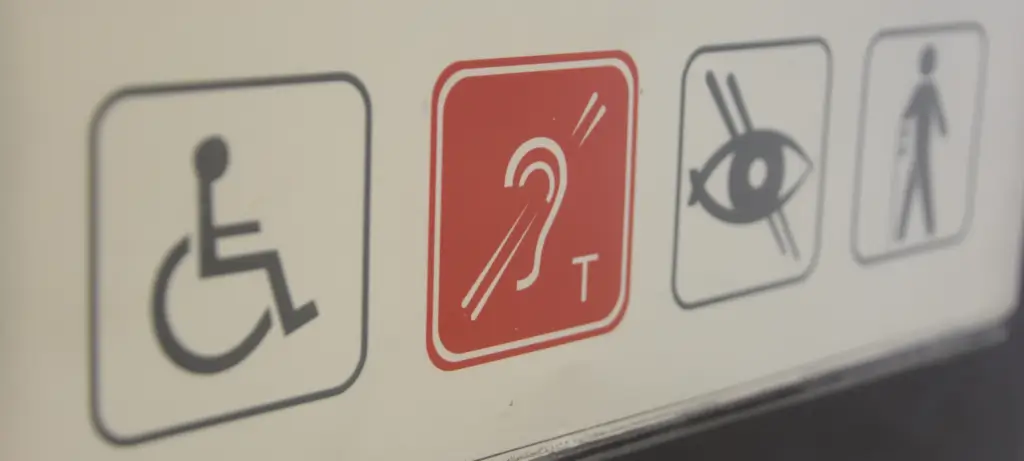One in four adults in the United States is living with a disability. Many of these individuals use assistive technologies to access content on the web and find legal services.
At Omnizant, we’re committed to helping legal professionals, like you, create inclusive sites that expand the reach of your practice, strengthen the reputation of your firm and ultimately help you deliver value to every member of your community.
Americans with Disabilities Act

Enacted in 1990, the Americans with Disabilities Act (ADA) requires that all “places of public accommodation” remove barriers that would limit access for disabled individuals. At the time, the internet was still in its infancy and was not taken into consideration when the law was drafted. While there are no official regulations around internet accessibility (yet), in March 2022, the Department of Justice issued Guidance on Web Accessibility and the ADA, stressing the need for government agencies and businesses to build compliant websites.
Lawsuits Against Web Operators Under the ADA
In the last few years, thousands of lawsuits have been filed against online retailers and other commercial enterprises over alleged inaccessible websites. In the recent Guidance, the DOJ pointed to Web Content Accessibility Guidelines and the Section 508 Standards as technical standards that can provide guidance in creating accessible websites.
Under WCAG 2.1, website content must be:
PERCEIVABLE
Content must be available in multiple forms, and all information must be viewable through text, with distinguishable page elements for visual impairments (e.g., color blindness)
UNDERSTANDABLE
Pages must be readable and predictable, and navigation through the site must be consistent
OPERABLE
Site can be navigated in multiple ways, ie keyboard alone, mouse and keyboard, touch interface, etc.
ROBUST
Site is compatible with assistive technologies or can be interpreted with multiple user agents, such as screen readers
ADA Compliance: Internet Accessibility, Effective Communication and Your Law Firm’s Website
Attorney William Goren, one of the country’s foremost authorities on the Americans with Disabilities Act and the Rehabilitation Act of 1973, explores why every law firm should have an accessible website and best practices when creating one.
"*" indicates required fields
ADA Compliance: Internet Accessibility, Effective Communication and Your Law Firm’s Website
Attorney William Goren, one of the country’s foremost authorities on the Americans with Disabilities Act and the Rehabilitation Act of 1973, explores why every law firm should have an accessible website and best practices when creating one.